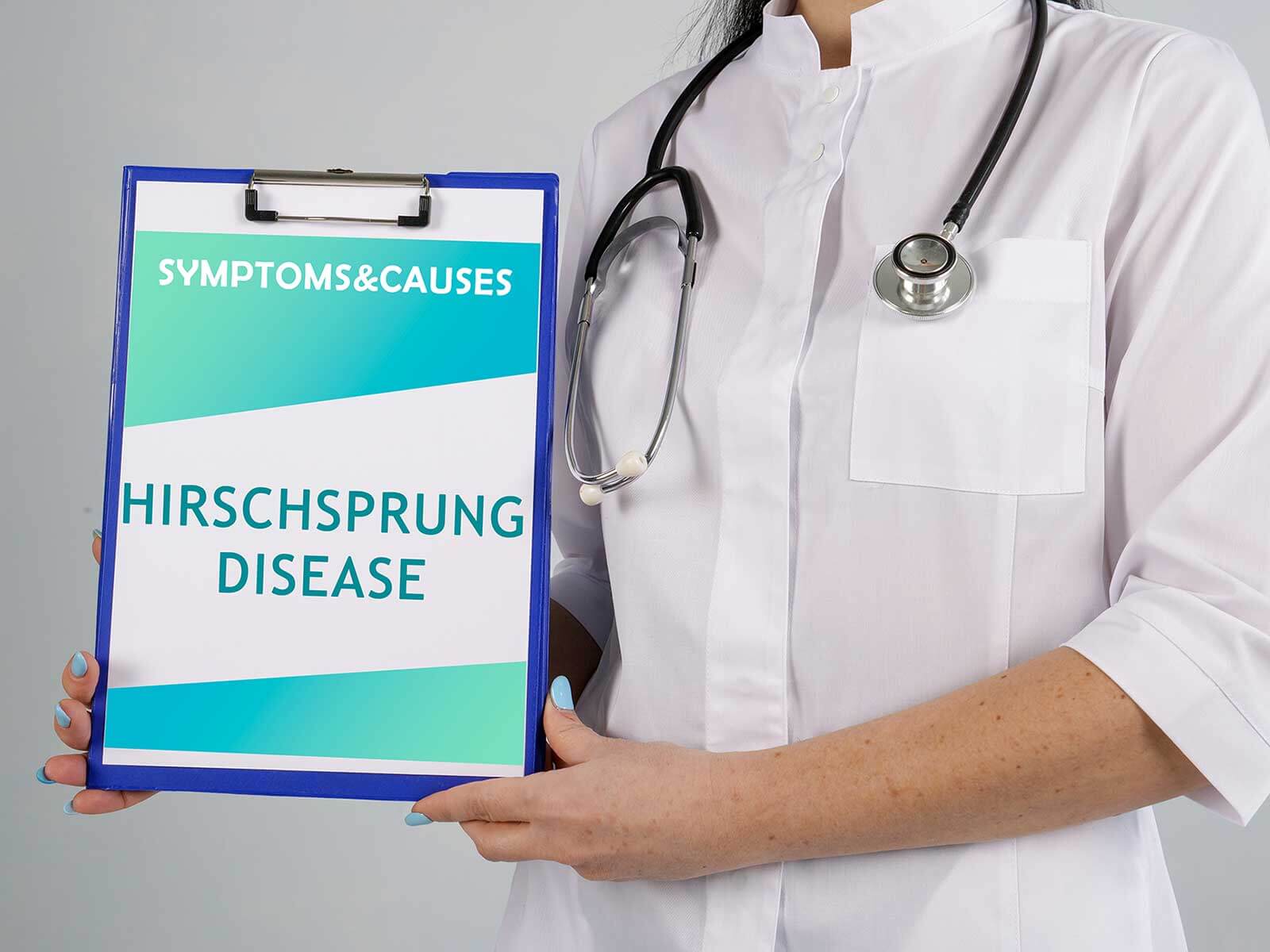
A hiatal hernia occurs when part of the stomach pushes up through the diaphragm's opening (the hiatus) into the chest cavity. Small hernias often cause no symptoms, whereas larger ones can lead to reflux, heartburn, and chest discomfort.
Many people with a hiatal hernia experience:
Several factors can contribute to the development of a hiatal hernia:
Don't let hiatal hernia symptoms keep you from enjoying life. At GastroDoxs in Cypress, our expert team offers personalized diagnostics and cutting-edge treatments-both non-surgical and surgical-to relieve your heartburn, reflux, and chest discomfort for the long term.
Ready to feel better? Call us today at (832) 632-4070 or Book an Appointment Online and get the compassionate, comprehensive care you deserve.
We've successfully treated more than 14K patients, helping individuals improve their digestive health and overall well-being through expert, personalized care.
With over 20 years of experience, GastroDoxs has been a trusted provider of gastroenterology care, focusing on delivering the best outcomes for patients
Sliding hernias occur when the stomach and the section of the esophagus that joins the stomach slide up into the chest through the hiatus. Paraesophageal hernias happen when part of the stomach pushes up beside the esophagus while the gastroesophageal junction remains in place.
Diagnosis typically involves imaging and scope-based tests such as an upper endoscopy, barium swallow X-ray, or CT scan to visualize the position of the stomach relative to the diaphragm.
Small hiatal hernias often remain stable without progressing, but they don't usually "heal" on their own. Monitoring and lifestyle changes can help manage mild cases.
Yes. Diet modifications, weight loss, avoiding large meals or trigger foods, elevating the head of the bed, and medications like antacids or PPIs can relieve symptoms in many patients.
Surgery is recommended if you have persistent reflux despite medical therapy, difficulty swallowing, risk of strangulation, or severe symptoms that impair quality of life.
Nissen fundoplication is a surgical procedure where the top of the stomach (the fundus) is wrapped around the lower esophagus to reinforce the lower esophageal sphincter and prevent acid reflux.
Yes. Large hernias can push against the diaphragm and lungs, leading to shortness of breath, especially when lying flat or during physical activity.
Minimally invasive laparoscopic techniques reduce postoperative pain significantly. Most patients experience mild to moderate discomfort managed effectively with oral pain medications.
Most patients go home within 1-2 days. Full recovery, including return to normal activities and diet, typically takes 2-6 weeks, depending on the procedure and individual health.
Yes. Acid reflux and pressure from the herniated stomach can manifest as burning chest pain, tightness, or referred pain into the back. Proper evaluation helps determine the cause.